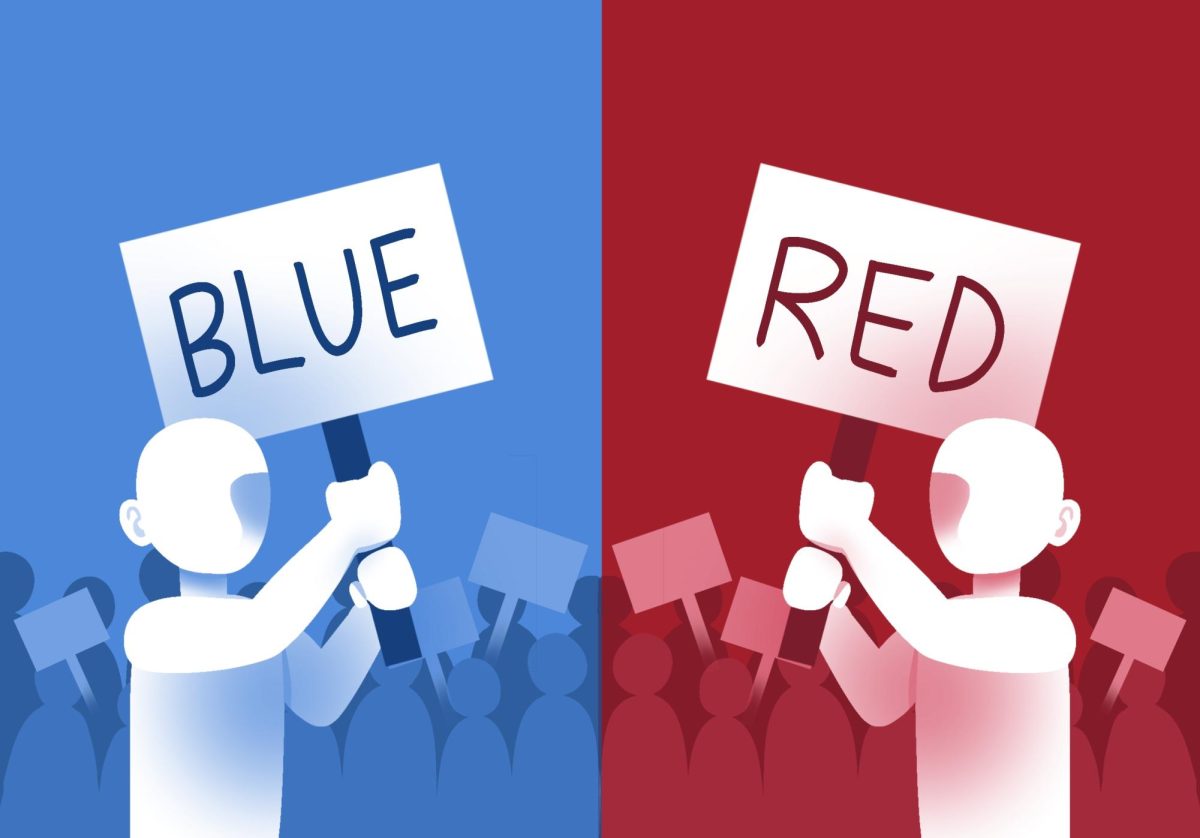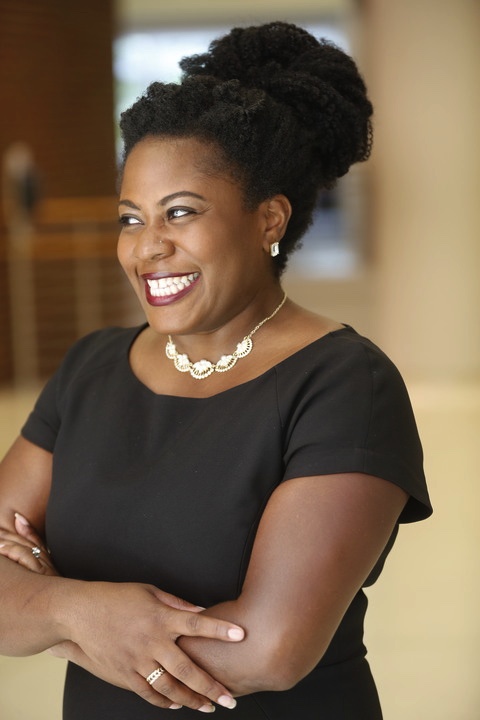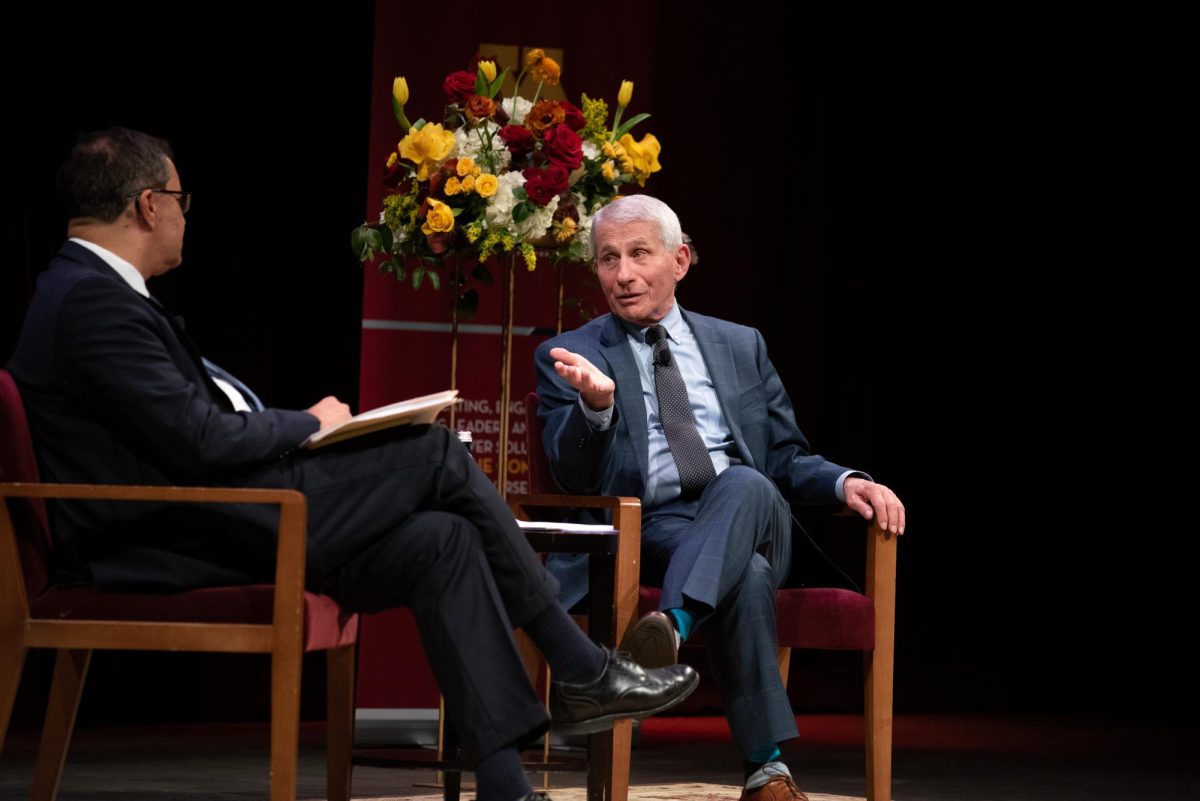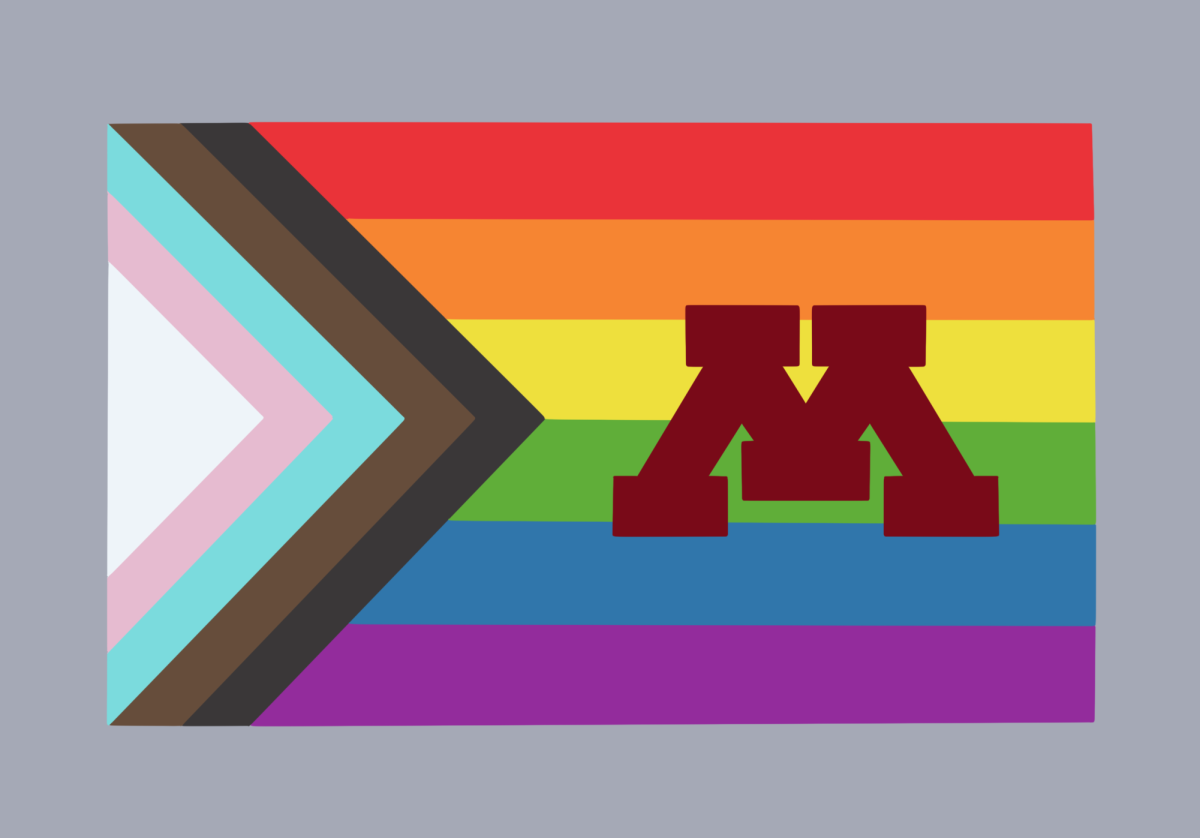Most college students do not want colleges making political statements, according to an Inside Higher Ed survey.
The survey from Inside Higher Ed found that 54% of respondents disapprove of political statements from the universities they attend, specifically after major political events like President Donald Trump’s inauguration.
Fewer than a quarter of respondents said universities should release a statement, according to the survey.
These results show students are leaning more toward institutional neutrality. However, at the University of Minnesota, President Rebecca Cunningham has made it a priority to respond to issues as she released two systemwide emails regarding federal policy changes.
What Do Students Think?
Clara Jünemann, the vice president of Undergraduate Student Government, said it can be difficult for students to understand what is happening on campus, or they feel disconnected from campus administration.
“I get emails almost daily like from a department or an administrative email, and they’re usually relatively long and contain somewhat complex information,” Jünemann said. “I think a lot of students care, but it’s hard to understand what to read, what to know.”
The Twin Cities campus has over 56,000 students, according to University Institutional data. Across the entire campus, students with a multitude of individual values listen to one president.
“I think in general, it can be hard for students to relate to what administration and administrative officials are saying on this campus,” Jünemann said. “I think it’s hard reading an email that comes from administration, they’re disconnected from students.”
Jünemann said often there is a disconnect between what is said in professional communication and the day-to-day operations at the University.
“What I’ve heard, speaking to students around campus a lot of times, emails from administration feel performative, like they’re doing it not necessarily to connect with students, but because they have to,” Jünemann said.
The performative nature of communication harms students’ interest in what the administration has to say about current issues.
“The messages that they do send often have a very administrative and professional tone,” Jünemann said. “I think it lacks an ability to connect with (students).”
Academic Freedom and Political Statements
Academic Freedom has been the center of several task forces at the University and reviews things like tenure faculty and administrative hiring.
Eric Van Wyk, the chair of the Academic Freedom and Tenure Committee (AF&T), said political comments can be protected by academic freedom.
“One component of it is someone’s freedom to discuss matters of public concern and know that that doesn’t affect employment and the work that you do,” Van Wyk said.
Van Wyk said a world without academic freedom would be bleak.
“Controversy isn’t a goal, it’s something that may arise because people are exploring different ideas or have different understandings of those ideas, and those differences may be seen as controversial,” Van Wyk said. “It’s not the goal to be controversial, it’s the goal to be honest.”
Van Wyk said that the conversations at the University level should not be shunned when they impact University operations. He said there are challenges facing the University, and people look to Cunningham as the leader to respond to these issues.
“Currently, there are challenges to the mission of this University and its nature, and so the extent to which the President chooses to address those is up to her,” Van Wyk said. “I think people would be looking for a strong statement that defends the mission and integrity of the work people do.”
“I think it’s part of a president’s job to defend the mission of the institution, and if that mission is challenged, then a vigorous defense is required, and that’s what people would expect to see,” Van Wyk said.
This article has been edited for clarity.





















Sue Pastin
Feb 12, 2025 at 4:41 pm
Trump is weapon our very own government, paid for mostly with OUR tax dollars, against a broader and broader spectrum of people! All of us MUST speak out and do what we can to oppose this white supremacist – and also downright kleptocratic – regime!
b real
Feb 12, 2025 at 7:44 am
Students do not want empty, inauthentic, overly-verbose and complicated political statements
That would be a more accurate title for this article.
Students know what’s going on and they can spot fake rhetoric a mile down the road and around curve. Students DO want communication from admin but they want quality communication, not whatever they’ve been getting lately.
The Daily has issues with inaccurate and intentionally (seemingly) inflammatory headlines. This is not the time to engage in this sort of game-playing. You have a community to serve, Daily reporters, this is the time to rise to the occasion and do your best not roll over and obey in advance.
Teagan
Feb 11, 2025 at 5:03 pm
The headline of this is so misleading. Students want politics on campus, we just want realities, rather than performative buzz words sent out by the president to calm down issues. It’s not that we don’t want politics in our school, but somehow everything has become political. Are you saying Women Studies shouldn’t make statements about the Federal attempts to ban abortion. Or the LGBTQ spheres to fight for marriage equality. The article is great, the headline makes it seem like students don’t care, which isn’t true.
Jamal
Feb 11, 2025 at 11:08 am
Not sure how having a professional tone limits the ability to connect with students…
Dan
Feb 11, 2025 at 9:48 am
The dramatic actions of the Trump administration are certainly political, but pointing out the negative consequences of policy changes at NIH and NSF are newsworthy in and of themselves. Dramatic cuts to federal funding will need to be recouped to keep the University operational, which could mean dramatic tuition increases. Congressional Republicans are also considering treating college scholarships as taxable income, which would further decrease accessibility to higher education. While the dry policy talk is complex, it may be a sign of the need to pay closer attention rather than an issue with tone.